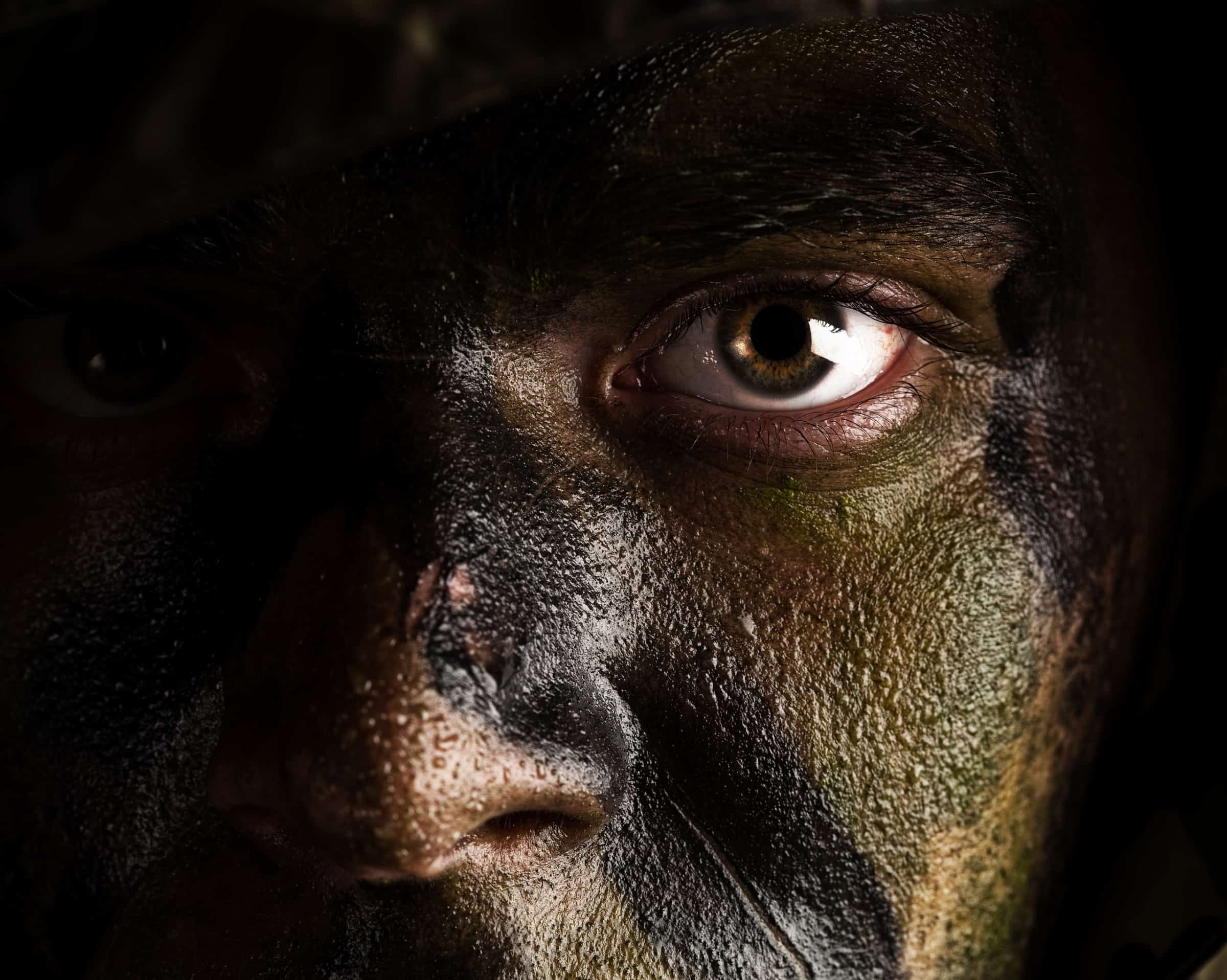
Many people presume that you need to come from a military background to become a bodyguard / close protection operative. In reality, it depends on which sector of close protection an individual wants to work in.
If the close protection assignment is within a hostile environment such as Iraq, Afghanistan, or Syria, then the answer is clearly yes. Close protection operatives deployed in hostile regions in a PSD (Personal Security Detail) role, should have a military background with extensive relevant training and hostile military deployment experience.
Many private security companies or PMCs (Private Military Companies) that supply operatives to hostile environments will insist on a minimum of four years of military service and a number of hostile tours of duty behind them before they will even consider interviewing a candidate.
However, as there are always exceptions, civilians should not be completely ruled out of hostile environment assignments. There will always be a few non-military personnel that have proven firearms competence gained on civilian courses.
Of course, any reputable company will insist on pre-deployment training (PDT) of all operatives. During PDT, operatives are trained and assessed on their competence with firearms and suitability for working within a hostile environment.
For non-hostile countries and assignments such as executive protection (EP) and celebrity protection, a military background is not essential, but often helps as competition for jobs is strong.
Unfortunately, many ex-military operatives believe they are suitable to be a close protection operative in any environment. This is most certainly not the case. Many skills that are required within a non-armed executive or celebrity protection assignment are not gained in the military.
Very few military regiments train for and undertake close protection duties. Military close protection is very different from civilian close protection. So, simply being ex-military is not enough to make a candidate suitable for the private close protection industry.
It boils down to a bodyguard’s attitude, appearance, reliability, trustworthiness, drive, determination and the training that they receive. Training must be with a reputable company, and an operative should continue their training throughout their career with continuing professional development (CPD).
Potential operatives must also have key attributes such as:
If an operative has all of these personal attributes along with training by a proven and reputable training provider, they will stand a much stronger chance of a long and successful career as a close protection operative.